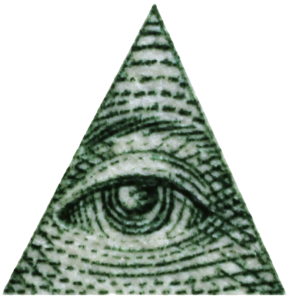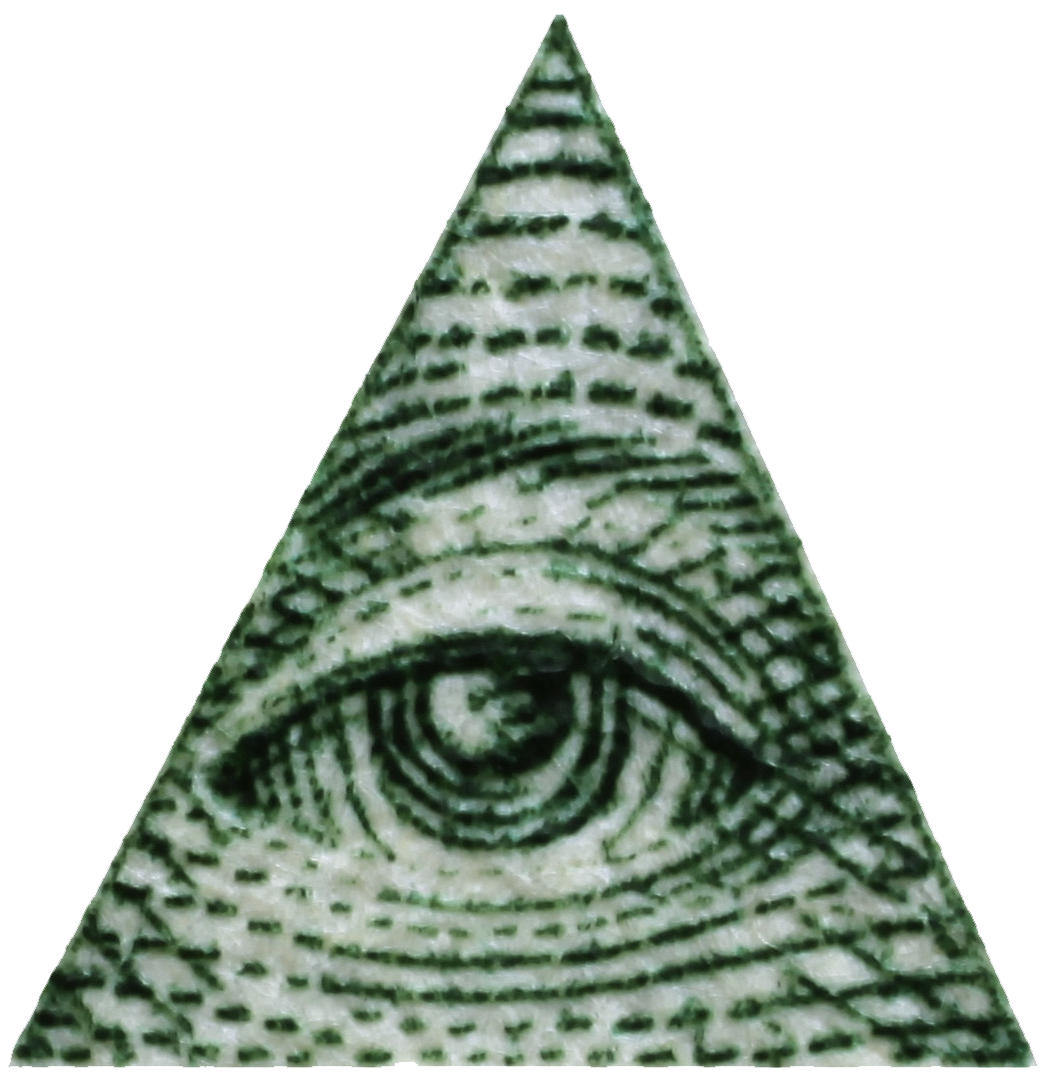Dear Sweden,
Here in America, the people suffer under the scorching sun of the American gaze. They drink this water. They breathe this air. And inevitably, they become aware that their bodies are being viewed.
The psychological effect, Lacan argues, is that the subject loses a degree of autonomy upon realizing that he or she is a visible object.
The gaze will present them with a series of intruding questions: “What are you? What do you do for a living? How much do you make?” Some Americans express their answer in terms of American dollars per year, other Americans try to argue.
But arguing is a meaningless exercise. The American gaze does not care that the planet is crying out for us to (1) work less and (2) earn less and (3) spend less. It does not care that your job is destroying your body. It does not care that we could easily set up a cooperative society where we don’t need to work particularly hard for the material things we need and want.

There was a time when this arrangement seemed avoidable. There was a brief period of lucidity in the 1990s when many Americans looked at their own lives and asked: “Why am I working a job I hate so that I can buy things I don’t need?”
But today, that question sounds absurd to most Americans. The modern American man wants to endure a 70-hour workweek because it ruins the planet and destroys his body. That is not a bug—it is a feature. He wants to climb to the top of the world and then pull the ladder up. He wants to enjoy the animalistic gratification of depriving everyone else of a sweet life. “After I am done with this, no one else can have it,“ he mutters to himself, “This will be the end of everything.”
There will always be a certain subset of Americans that fail to stand up to the burning light of the American gaze. They become rejected by society and abandoned by the warm illumination of the gaze. They are forced to live in the dark. They end up sleeping on the streets. And sometimes—because voices carry—they have to listen to what people say about them: “That guy is just a bum. He didn’t work hard. He made decisions and now he must live with those decisions. Why should he get a free lunch? I didn’t get anything for free. I worked hard for what I have. I paid my dues. My life wasn’t easy. Do you think my life was easy?”
